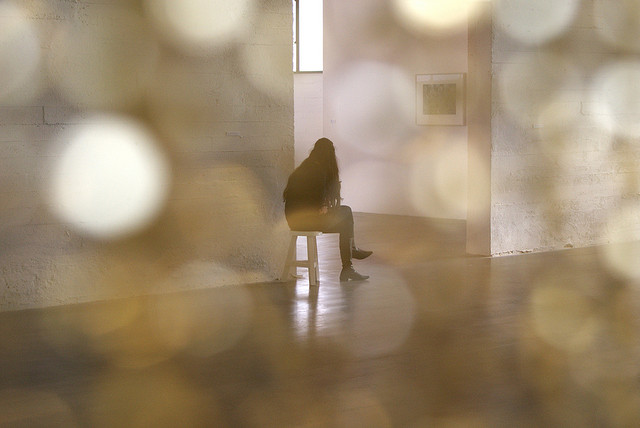
Photo: Marc Wathieu (CC BY-NC 2.0)
Work experience could be better for students
Research by Birkbeck, University of London, underpins new guidance on how the arts and creative industries can make the most of student work placements.
A set of guidelines to help those associated with student work placements improve the quality of experience is being launched by the School of Arts at Birkbeck, University of London. Research into the experience of work placements, funded by a British Academy/Leverhulme Small Research Grant, found that unpaid, unstructured work placements in the arts and creative industries can leave individuals feeling exploited.
The online toolkit aims to ensure that students gain the sort of experiences that will be beneficial to their future careers and can be credited by universities, as well as being of value to their host organisations. According to Birkbeck, the toolkit, called Critical Work Placements, “takes into account the policy background to employability and work placements in the UK, as well as the realities of employment in the arts and creative industries”. Comprising guidelines and flow diagrams for each of the parties involved, it also includes an ethical tripartite agreement that students, host organisations and University course leaders, placement tutors and administrators can sign up to. The initiative was developed in collaboration with students, programme directors and arts organisations who came together to learn from their experiences of work placements and to identify and build on examples of best practice.
Researcher Dr Sophie Hope said: “Setting up a credited work placement requires effort and time from all parties. The research which led to the Critical Work Placements toolkit identified some of the assumptions, communications problems and pressures which can lead to one or all parties being dissatisfied with work placements on postgraduate MA programmes. By entering a three-way ethical contract in line with the guidelines in the toolkit, we hope that students will gain relevant and appropriate experience, host organisations will benefit from the research being carried out by the student and universities will feel confident building high-quality credited placements into more of their arts courses.”
Join the Discussion
You must be logged in to post a comment.